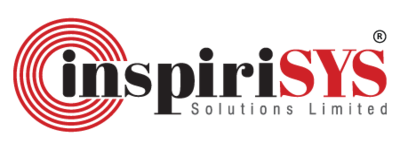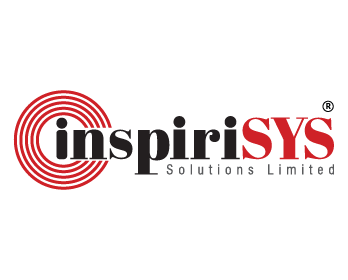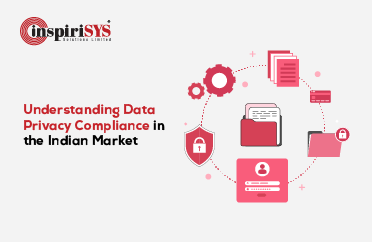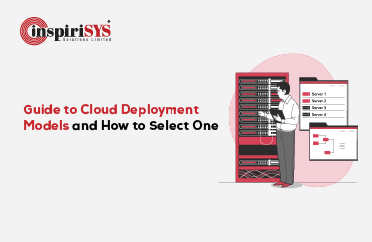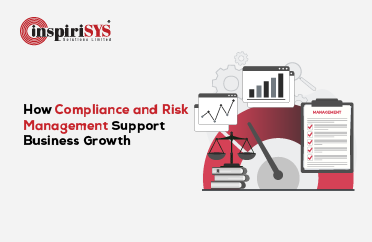Healthcare is one of the busiest industries in the world. From Doctor’s appointment scheduling to medical insurance claiming, there are a lot of processes involved. In particular, these processes are mostly repeated. After the advent of digital technology, the healthcare industry gained a positive pace. Digital technology helps to improve diagnosis & treatment, speed & accuracy, patient experience and it accelerates the development of new drugs & devices. But the amount of repeated and mundane tasks doubled up since the necessity of healthcare enlarged with the population.
Digital innovation helps to reshape the future of healthcare by making healthcare delivery more efficient and more accessible. Robotic Process Automation (RPA) is an innovative technology that reduces efforts spending on tiresome tasks and improves productivity. It mimics the repetitive tasks and works 24*7 tirelessly. Below are some of the healthcare operations that can be effectively optimized by RPA.
Organizations will reduce operational costs by 30% by integrating hyper-automation technologies with redesigned operational processes by 2024. - Gartner
Laboratory Information Management System

Laboratory Information Management System (LIMS) is a software, used to process, store and manage medical data such as patient check-ins, specimen analysis data, and diagnosis reports processing. There will be 2.5 physicians to 1000 patients in the United States by 2025. On average, 1 physician will manage nearly 20,000 laboratory documents per year. Though it helps to keep track of medical data efficiently, it takes a lot of time to manually update the entries. They can be automated by Robotic Process Automation. In particular, sample tracking, calculations & control of associated results can be effectively automated to ensure more accurate data in less time.
Appointment Scheduling
Patient appointment scheduling is not as simple as it seems. Sometimes it is an oppressive task that requires significant time and human resources of the admin. It negatively impacts the overall operations and restrains an organization from running at its full potential. With RPA, the patient appointment scheduling system can be driven effectively and efficiently. The tiresome process involved can be streamlined and automated based on the Doctors’ availability status. When a patient is unattended due to some sudden changes in the Doctor’s schedule, the rule-based automation system redirects the patient to another Doctor. RPA significantly reduces the complexity and increases productivity with this approach.
ERP & HR Applications
Information is a major aspect of the healthcare industry. Cost-saving and efficiency are completely depending on how effectively this information is processed and shared. ERP system enables to view and process the information generated across an organization. Precisely, in the healthcare industry, medical and pharmaceutical data are voluminous and need accuracy. On the other hand, the rapid man-power changes is another herculean process to handle. Both ERP & HR applications are more prone to manual errors since it involves numerous manual entries. RPA prevents these manual errors by automating the data processing in ERP across the board. Also, it automates every aspect of the employee lifecycle process from recruiting to onboarding to career development and more.
Health Insurance Claims Administration

RPA in Health Insurance reportedly reduced 50% of the claim processing cost and increased claim processing speed up to 70% by automatically validating customer data and entering insurance claims data across different systems. Currently, the manual insurance claim processing involves receiving the claim details through the mail, manually attaching claim form into the claim processing system, searching the credibility of the customer, filling appropriate form fields and emailing the claim processing status. In the case of RPA, it scratches the information from the pdf file mailed by the customer, pastes the data into the claim processing system, automatically checks the credibility and mail the claim processing status to the customer. In this approach, the error rates in the insurance claim processing system can be reduced by 60%.
ISL approach to RPA
ISL transforms complex manual processes into smart processes by developing customized RPA modules. We have worked with enterprises to automate functions that involve manual, data-intensive and repetitive tasks. We implement impeccable automation that substantially reduces your organization’s operational cost and enhances overall productivity.
